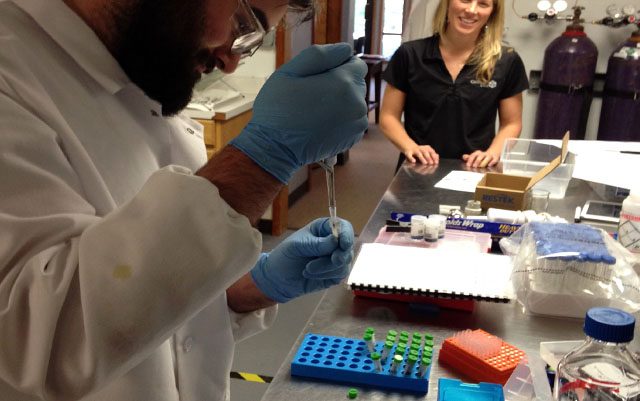Since legalizing the recreational use of marijuana in 2014, Oregon has run into a handful of snags along the way to licensing the retail marijuana industry – but this latest one could hold up the accreditation of labs not only in their state, but in other states as well. The program, called ORELAP, is run by the Oregon Health Authority and certifies labs that test cannabis for things like pesticides, THC and CBD levels, and they also test drinking water for safety as well. Unfortunately the program has not been receiving the necessary help for them to keep up with the growing demand of cannabis businesses applying for accreditation.
The latest setback comes from the sudden stepping down of the man currently running ORELAP, Gary K. Ward, who has recently confirmed that he intends to retire come January 1st of 2017. His reasoning behind leaving is because of health problems. “After I retire, I will be available for part-time work performing some assessments as authorized by my doctors,” he stated. Though he will be available to help part-time, there is an immediate need to fill the position in order to continue the certification of labs and not cause hold-ups in Oregon’s cannabis industry, or in other states.
“On (Oct. 1), very few laboratories were fully certified by the state regulatory bodies, so as a result every medical and adult use business had to use the certified labs in order to bring post (Oct. 1) product to the market,” Beau Whitney wrote. “This created a bottleneck in the supply chain and as a result product availability was constrained.”
Beau Whitney wrote a report that explained just how much of a problem this would, and had, already become for the industry. Since testing has become a routine part of the legal cannabis industry, it makes sense that multiple states are now requiring that testing be done by an accredited lab – especially now that there is a way for them to become certified. Having the shortage of workers seen earlier in the year for inspections, and the current new regulations in place for pesticide testing in Oregon, being unable to certify new labs could cause an even bigger gap in supply than is already being seen.
Hopefully the Oregon Health Authority will be able to find someone to fill Ward’s role relatively quickly. Until then Rita Youell, a former manager with the Oregon State Public Health Laboratory, will temporarily come out of retirement to keep things running, as well as train whoever takes over the position full-time at the beginning of next year. If all goes well there won’t be much more delay, and things can begin to run smoothly (as intended) in the commercial cannabis industry in Oregon.






